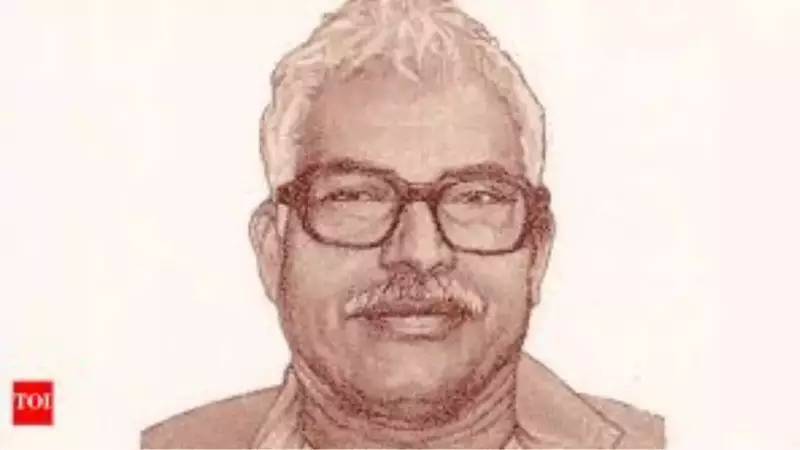
Once celebrated as the bedrock of India's socialist movement, Bihar now stands at a critical crossroads where its historic ideals confront the harsh realities of modern development demands. The state that produced towering socialist figures and championed farmers' rights finds itself wrestling with contemporary economic pressures that test its foundational principles.
The Socialist Foundation: A Rich Political Heritage
Bihar's political landscape has been profoundly shaped by socialist pioneers who established a powerful legacy of pro-poor policies and agricultural advocacy. For decades, this ideology dominated the state's political discourse, creating a unique identity that distinguished Bihar from other Indian states.
The socialist movement here wasn't merely political—it became woven into the cultural fabric, influencing everything from electoral politics to social movements. This deep-rooted tradition created expectations among citizens that continue to influence political dynamics today.
Contemporary Challenges: Development Versus Ideology
Modern Bihar faces a complex array of challenges that strain its socialist framework:
- Economic Transformation: The urgent need for industrial growth and job creation conflicts with traditional socialist approaches to development
- Youth Aspirations: A new generation demands employment opportunities and technological advancement beyond agricultural focus
- Infrastructure Demands: Urbanization and modernization require investment models that challenge established economic philosophies
- Political Realignment: Changing alliances and emerging political forces create uncertainty about ideological continuity
The Leadership Conundrum: Navigating New Political Waters
Current political leadership, including figures like Nitish Kumar, must balance socialist roots with pragmatic governance. The JD(U)-BJP alliance represents this delicate balancing act—attempting to preserve socialist credentials while embracing development-oriented policies that may align differently with traditional socialist principles.
This political tightrope walk reflects broader tensions across India's political landscape, where ideological purity often clashes with governance necessities.
The Future of Socialism in Bihar's Development Narrative
As Bihar moves forward, several key questions emerge:
- Can socialist principles adapt to address 21st-century economic challenges?
- How will traditional voter bases respond to evolving political and economic policies?
- What role will socialist ideology play in shaping Bihar's development trajectory?
- Will new political formations emerge that reinterpret socialism for contemporary needs?
The answers to these questions will determine not just Bihar's political future but also serve as a case study for socialist movements across India facing similar modernization pressures.
The socialist heartland's journey forward represents one of India's most compelling political narratives—a story of tradition meeting transformation, ideology confronting implementation, and history shaping tomorrow.






